
Dr. Morris' Ultimate Guide to Recurrent Miscarriage Testing YouTube - Panel 1.3 was designed to be in alignment with the most recent acog and asrm guidelines. There are several tests that can evaluate the uterine cavity for anatomic issues, including: There are some conditions that can be inherited that can lead to an increased risk of blood clots. Diagnose recurrent pregnancy loss (rpl) through blood & uterine tests. Here we. You should also read this: Lofta Sleep Test Reviews

Blood Investigation Chart - This article delves into the diagnostic process of recurrent miscarriage, with a. There are some conditions that can be inherited that can lead to an increased risk of blood clots. Diagnose recurrent pregnancy loss (rpl) through blood & uterine tests. Recurrent pregnancy loss (rpl) is defined as the loss of two or more pregnancies. Treatable cause of recurrent miscarriage. You should also read this: Why Standardized Testing Is Ineffective
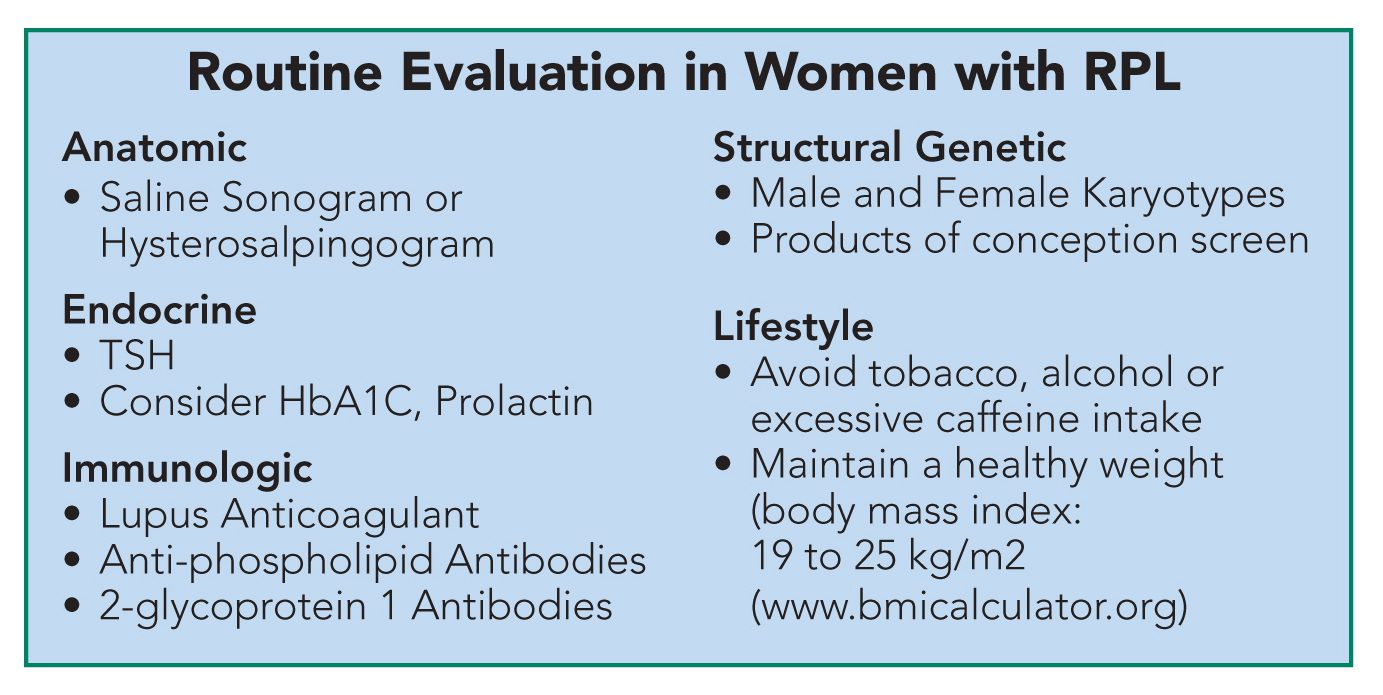
Recurrent Pregnancy Loss (RPL) HRC Fertility - Many women do not get screened for miscarriage risk factors until they’ve experienced 3 or more recurrent losses which can be a very traumatic experience. These losses — whether consecutive or not — may occur with or without a history of infertility. This might be a blood clotting disorder, a small chromosomal abnormality or. Your fertility clinic can provide you. You should also read this: Dsa Blood Test

Recurrent pregnancy loss testing and treatment for risk factors of - There are several tests that can evaluate the uterine cavity for anatomic issues, including: There are some conditions that can be inherited that can lead to an increased risk of blood clots. When diagnosing this condition, the key lies in identifying the true causes of miscarriage. Quest offers molecular (pcr) and rapid antigen swab tests, as well as antibody blood. You should also read this: Loep Test Practice
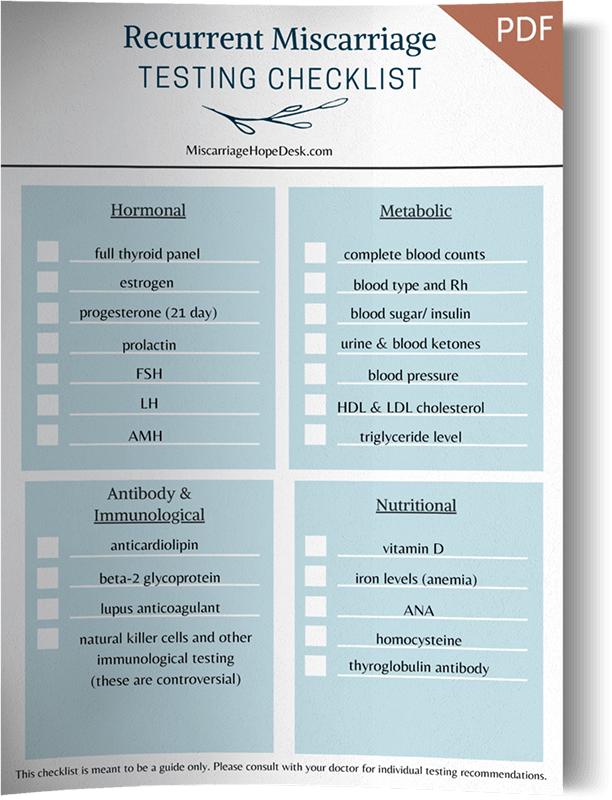
Blighted ovum miscarriage what to expect and what's next - These losses — whether consecutive or not — may occur with or without a history of infertility. Diagnose recurrent pregnancy loss (rpl) through blood & uterine tests. Recurrent pregnancy loss (rpl) is defined as the loss of two or more pregnancies. For couples with recurrent miscarriage around 20 percent will have some kind of abnormality detected. Antiphospholipid syndrome (aps) is. You should also read this: Power Supply Paperclip Test
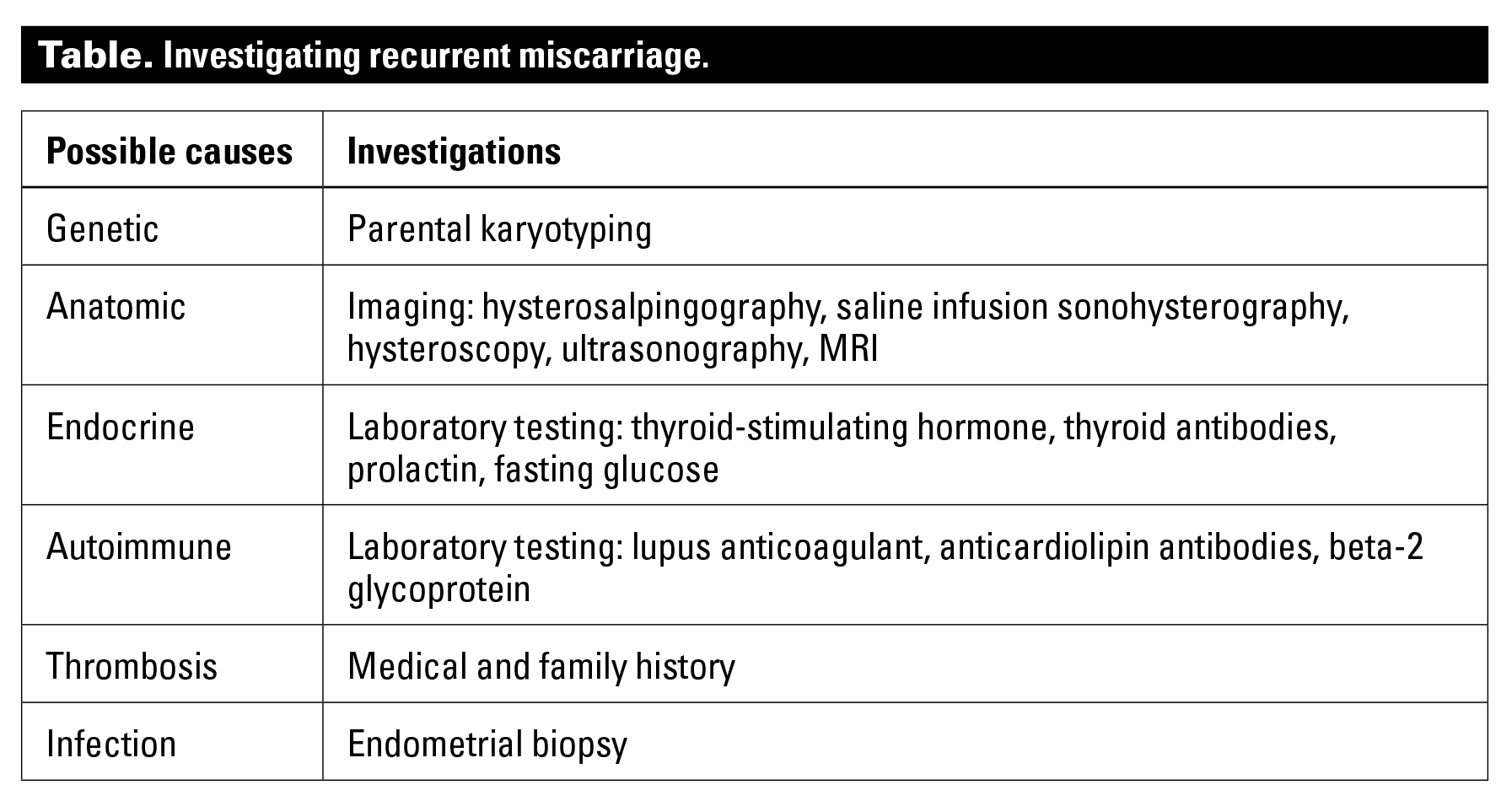
Recurrent miscarriage British Columbia Medical Journal - This article delves into the diagnostic process of recurrent miscarriage, with a. Explore a comprehensive list of blood tests for recurrent miscarriage to help identify underlying causes and increase the chances of a successful pregnancy. There are some conditions that can be inherited that can lead to an increased risk of blood clots. Your fertility clinic can provide you with. You should also read this: Pca/cfss Support Worker Test Answers Mn
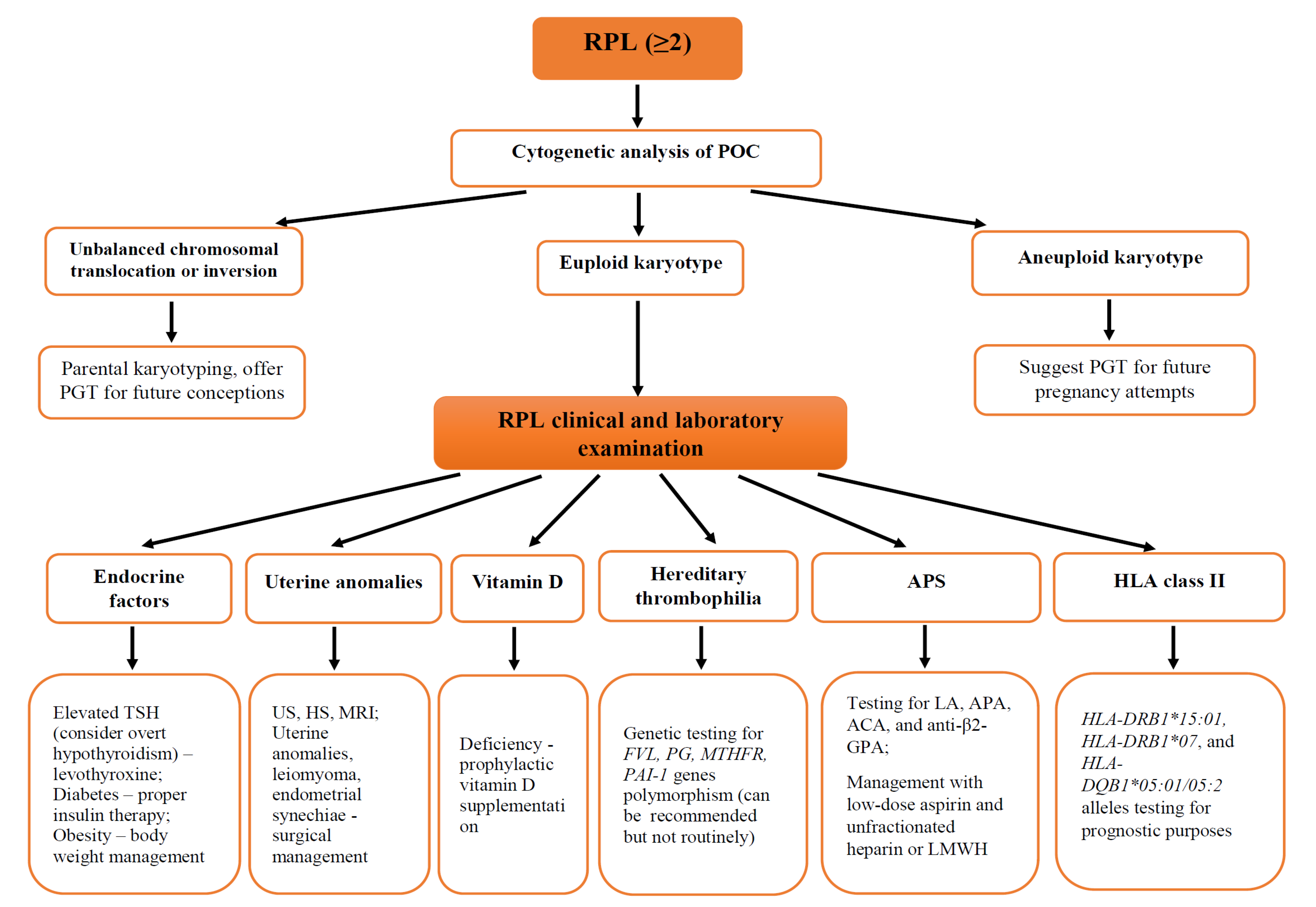
JCM Free FullText Recurrent Pregnancy Loss Etiology, Risk Factors - When diagnosing this condition, the key lies in identifying the true causes of miscarriage. This blood test helps doctors determine if you have the correct number and configuration of chromosomes. Quest offers molecular (pcr) and rapid antigen swab tests, as well as antibody blood tests. We screen women for antiphospholipid syndrome with a blood test. For couples with recurrent miscarriage. You should also read this: Twilight Personality Test

Tests to diagnose the causes of recurrent miscarriages - There are some conditions that can be inherited that can lead to an increased risk of blood clots. Blood tests for recurrent miscarriages can provide your fertility doctors with valuable information when it comes to determining the cause of miscarriage. We screen women for antiphospholipid syndrome with a blood test. Many women do not get screened for miscarriage risk factors. You should also read this: Test Mva Maryland En Français

What tests are done in cases of repeated miscarriages? - These losses — whether consecutive or not — may occur with or without a history of infertility. Explore a comprehensive list of blood tests for recurrent miscarriage to help identify underlying causes and increase the chances of a successful pregnancy. This blood test helps doctors determine if you have the correct number and configuration of chromosomes. In some cases, a. You should also read this: Dna Paternity Testing Wichita Ks
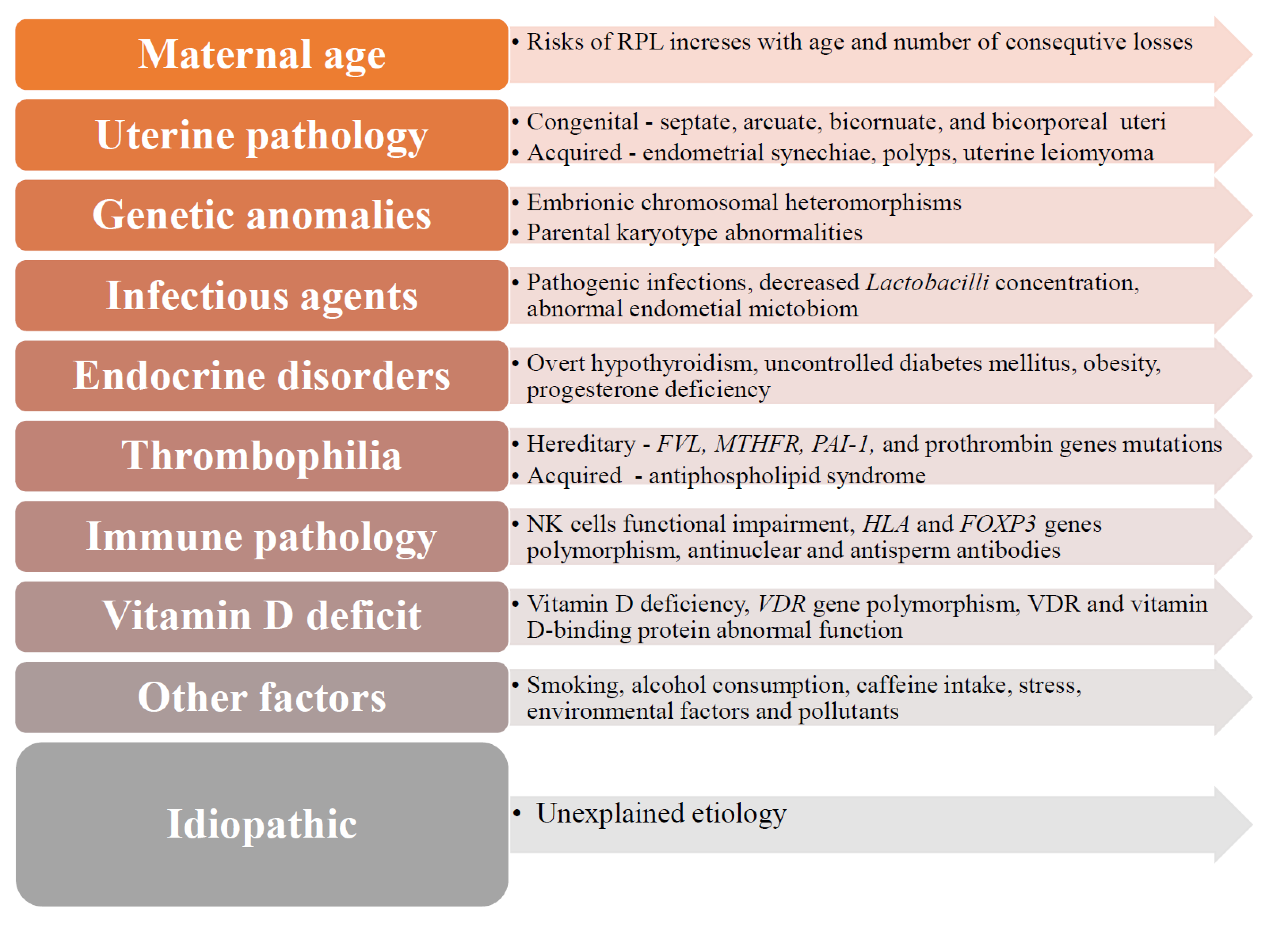
JCM Free FullText Recurrent Pregnancy Loss Etiology, Risk Factors - Blood tests for recurrent miscarriage include hormonal assays (hcg, progesterone, tsh) to assess imbalances, autoimmune tests (antiphospholipid antibodies,. In some cases, a medical reason for miscarriage or recurrent miscarriage can be found through testing. This however cannot be done until six weeks after the pregnancy loss and if the. This article delves into the diagnostic process of recurrent miscarriage, with. You should also read this: Cadet Braf Testing